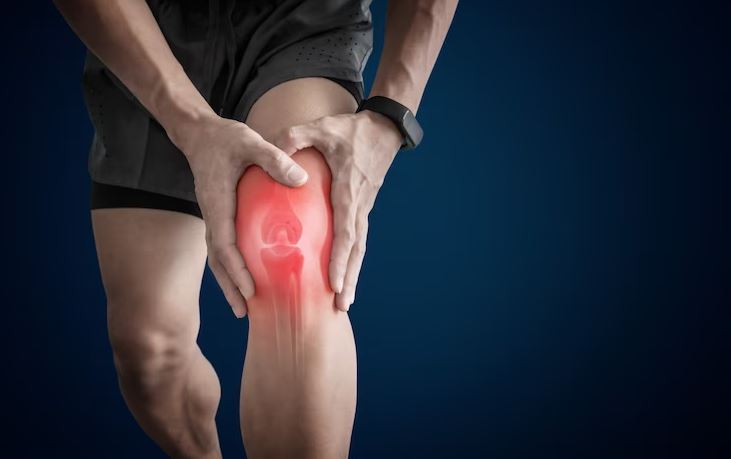Knee pain can be caused by a variety of factors, including injuries, overuse, or underlying medical conditions. Here are some of the most common causes of knee pain and treatment options:
In this blog, the Best Knee Replacement Surgeon in Pune Dr. Saurabh Giri Will Guide you causes of knee pain and More discussion
1. Osteoarthritis: This is a degenerative joint disease that occurs when the cartilage that cushions the knee joint wears away over time. This can cause pain, stiffness, and swelling in the knee joint. Treatment options include pain relief medications, physical therapy, and joint replacement surgery in severe cases.
2. Tendinitis: Tendinitis is an inflammation of the tendons that connect the muscles to the knee joint. This can be caused by overuse or repetitive movements, and symptoms include pain, swelling, and stiffness. Treatment options include rest, ice, compression, elevation (RICE), physical therapy, and anti-inflammatory medications.
3. Meniscus tears: The meniscus is a cartilage that cushions the knee joint. Tears in the meniscus can occur due to sudden twisting or overuse, causing pain, swelling, and stiffness in the knee joint. Treatment options include rest, ice, compression, elevation (RICE), physical therapy, and surgery in severe cases.
4. ACL injuries: The anterior cruciate ligament (ACL) is a ligament that stabilizes the knee joint. ACL injuries can occur due to sudden twisting or impact, causing pain, swelling, and instability in the knee joint. Treatment options include rest, ice, compression, elevation (RICE), physical therapy, and surgery in severe cases.
5. Bursitis: Bursitis is an inflammation of the bursae, which are tiny fluid-filled sacs that cushion the knee joint. This can be caused by overuse or repetitive movements, causing pain, swelling, and stiffness in the knee joint. Treatment options include rest, ice, compression, elevation (RICE), physical therapy, and anti-inflammatory medications.
6. Patellofemoral pain syndrome: This is a condition that occurs when the patella (kneecap) rubs against the femur (thigh bone), causing pain and discomfort. This can be caused by overuse, muscle imbalances, or underlying medical conditions. Treatment options include physical therapy, stretching and strengthening exercises, and pain relief medications.
In general, treatment options for knee pain may include rest, ice, compression, and elevation (RICE), physical therapy, pain relief medications, and in severe cases, surgery. It is essential to speak with a healthcare professional to determine the underlying cause of knee pain and the most appropriate treatment options.





Comments